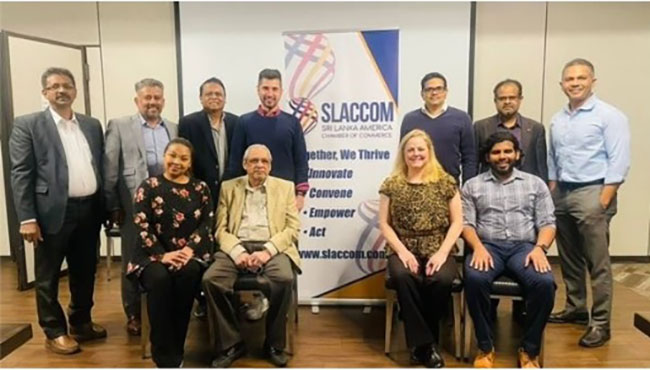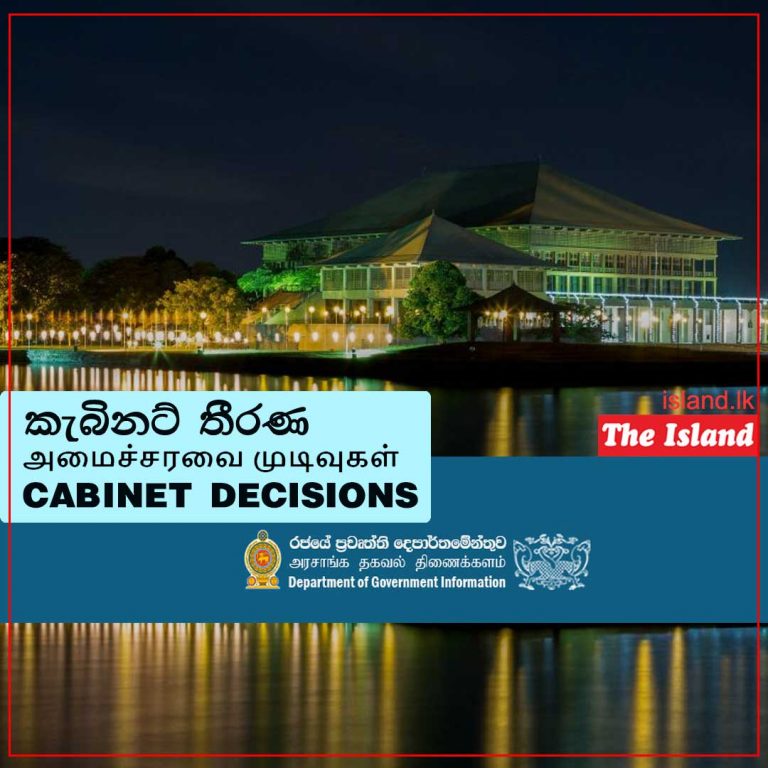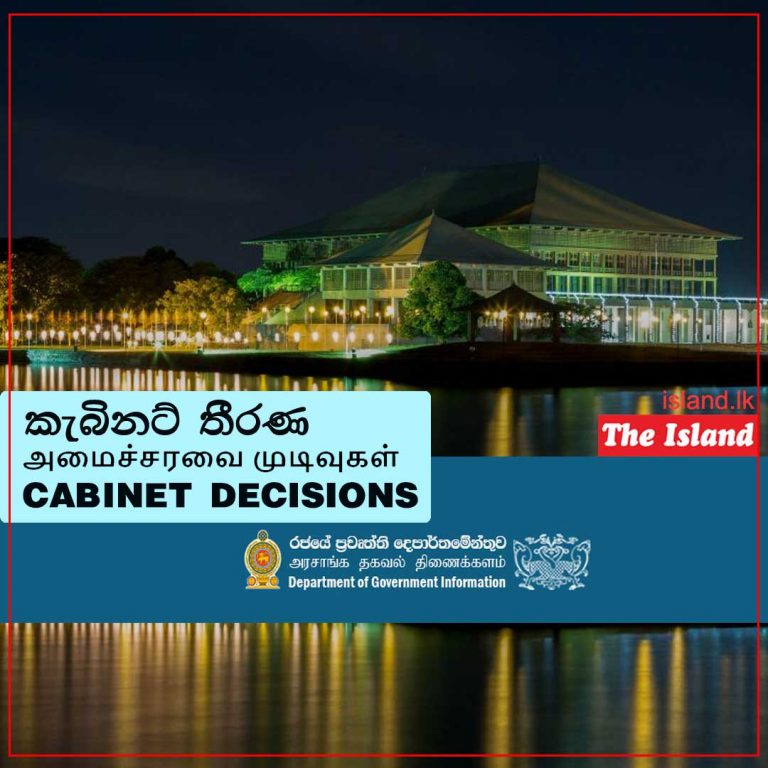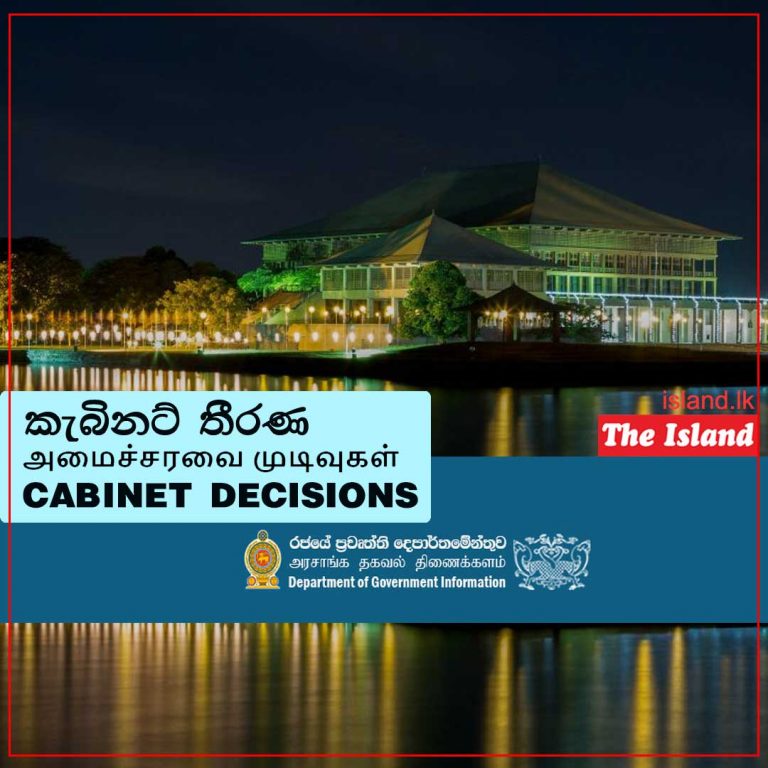News
SL expatriates in US use ‘diplomatic tool’ to promote trade-commerce-investments

… and dispel misconceptions about Sri Lanka
by Daya Gamage
During the two-and-a-half-decades of foreign affairs work with the U.S. Department of State assigned to its Colombo diplomatic post as a Foreign Service National, this writer saw how trade, commerce, investment, aid – both economic as well as military – were well tied to diplomacy and correct understanding of both nations, and the importance of clearing perceived misunderstandings and obstacles.
In 1987, a couple of months before the Vadamarachchi Offensive to combat the separatist LTTE, the US Department of Defense administratively directed several US arms manufacturing companies to refrain from selling military equipment to Sri Lanka requested by the Jayewardene administration. This decision was based on two documents jointly written by the US National Security Agency and the State Department in 1984 and 1986 which determined that such military sales could be used against the minority Tamils and that the Tamil-majority North-East needs a political solution with devolved power structure under a federal setup.
When the Sri Lanka America Chamber of Commerce, in which this writer is a founder director, launched by a group of professional Sri Lankan expatriates in Las Vegas, Nevada as a US national entity, commenced its operations, clearly found that the two areas – promoting trade-commerce-investment, and diplomacy – are even more inter-twined because of misconceptions Washington has toward Sri Lanka’s governance and rule of law.
Ascertaining the ‘road blocks’, while focusing on trade and commerce, the Chamber entrusted itself with broad diplomatic assignment to strengthen rapport with lawmakers in the U.S. Congress and develop new contacts even with policymakers in Washington, especially the US Departments of Commerce and State.
While identifying possible investors, the president of the Chamber Saje Sedera in fact took an American billionaire to the then Sri Lanka president Gotabaya Rajapaksa when he was visiting his son in Los Angeles as one of the initial moves to activate trade and investment between the two nations.
Meanwhile, three Board Members of the Chamber met officials of the Board of Investment (BOI) for discussions in the Sri Lankan capital Colombo.
Two senior officials of the US Department of Commerce flew to Las Vegas, Nevada to have a discourse with officials of the Chamber on investments in the newly launched Colombo Port City. Two officials from the Sri Lanka embassy in Washington D.C. and Consulate in Los Angeles too attended.
The two US officials and the Chamber were aware that in 2002, Sri Lanka and the U.S. signed a Trade and Investment Framework Agreement (TIFA), which facilitates bilateral discussions to resolve frictions at an early stage. Despite holding more than a dozen TIFA meetings Sri Lanka is still not on the U.S.’ radar for a Free Trade Agreement (FTA).
The two senior officials of the South & Central Asia Division of the Commercial Law Development Program (CLDP) of the U.S. Department of Commerce were in Nevada, to ascertain the feasibility of establishing a better flexibility for trade, commerce and investment between the two countries. They had already met with Sri Lanka’s finance minister and had discussions with the Econ-Commercial Division of the American Embassy in Colombo.
During an interview in August 2021, the then US Ambassador, Alaina B. Teplitz, “expressed concern that the government should create the best possible business environment to attract investment to Port City” and warned against poor practices or even illicit finance like money laundering and corruption. The Chamber officials discussed the above aspect with the Commerce Department representatives.
With all these initial efforts, the Chamber officials found that without effective diplomacy with US lawmakers and policymakers such endeavours could face obstacles. Sri Lankan diplomats on the American soil – all these years – and the authorities in Colombo had failed to achieve this task.
Focusing deep into the obstacles, the professionals in the Sri Lanka America Chamber of Commerce found:
U.S. policy was based on an inadequate understanding of the underlying causes of the civil war—an understanding that does not include unwilling to adapt to the post-independence democratic order; the origins and dynamics of two competing nationalisms; demographic and economic pressures in an island state; and the imperative in a young democratic system of policies to expand economic opportunity to the disadvantaged majority of all ethnic communities domiciled in the 70% of the rural sector. A biased understanding of the separatist struggle led to a misguided strategy for constraining the violence, negotiating a ceasefire, and imposing a political resolution based on a more decentralised political structure. U.S. bilateral policy was driven astray also by the common narratives of well-meaning but naïve international organizations and human rights ideologues that seized on the Sri Lankan conflict to burnish their credentials as arbiters of international morality.
The SL-US Chamber further found that there has been a perverse lack of appreciation internationally for the threat that a dictatorial, criminal, terrorist organization posed to the security of the great majority of Sri Lankans, including Tamils. Tragically, the U.S.’ simplistic perception of an ethnic majority oppressing a righteously rebellious minority prolonged the bloodshed, alienated a historically reliable partner, weakened a beleaguered democracy, and strengthened the influence of U.S. antagonists in the region.
In an official notification dated October 21 by the Sri Lanka embassy in Washington to two members of the Sri Lankan expatriates, one to this writer, and the other the president of the Chamber Sanje Sedera, provided a list of US Members of Congress Sri Lanka ambassador to Washington Mahinda Samarasinghe had met since his arrival in Dec 2021 obviously the dialogues were to apprise the ‘correct’ situation in Sri Lanka.
Subsequent developments showed that the embassy had failed to adequately provide ‘Sri Lanka’s true story’ to the American lawmakers.
In late Sept this year, two US House Members the ambassador had previously met, signed an official letter, with another six members, to US Secretary of State Antony Blinken urging him to “investigate and hold accountable alleged perpetrators of war crimes during the Sri Lankan Civil War, including former Sri Lankan President Gotabaya Rajapaksa and his family. We also urge you to use all diplomatic tools available, including sanctions, for the State Department to hold accountable those who are credibly alleged to have been responsible for gross human rights violations”.
Ambassador Samarasinghe, according to the official letters sent to the two Nevada Sri Lankan expatriate activists, had met Congressman Henry “Hank” Johnson twice. He was one of the signatory to the letter addressed to Blinken. Another signatory to the letter was Congressman Bill Johnson, Ambassador Samarasinghe states he had met, who too wanted war crimes investigation. What was not mentioned by the US Congressmen in the letter the crimes committed by the terrorist LTTE which was designated by the State Department in 1997 as a Foreign Terrorist Organization (FTO). In 2010, US Supreme Court determined that “Material Support’ to a terrorist organization is amount to helping a terrorist organization – in this case LTTE and PKK- violating US Statutes. US lawmakers were not apprised that there are several such ‘material supporters’ living on American soil. Looks like the signatories were unaware that a terrorist organization had committed war crimes, and that this organisation – well connected to a global network – threatened the sovereignty and territorial integrity of a friendly nation for 26 long years, and that it used unarmed innocent Tamils as ‘human shield’ endangering their lives. This is just one example how Sri Lanka diplomacy has failed to change the ‘mind-set’ of American lawmakers and policymakers.
The expatriate officials of the Chamber fully understood the handicap Sri Lanka was facing in its foreign relations to undertake discourses with US lawmakers with the sole intention of bringing Sri Lanka out of this political stalemate while discussing trade and commerce.
The Congressmen’s letter to Secretary Blinken further declares: “Only by bringing justice and redress to victims of past human rights violations during the decades-long civil war will Sri Lanka be able to fully address its current economic crisis and political situation. The United States must remain committed to holding perpetrators accountable and work to establish an international justice mechanism for war crimes and crimes against humanity from the Sri Lankan Civil War.”
A Zoom meeting was initiated by the Chamber on December 14, 2021 bringing in SL ambassador Mahinda Samarasinghe and US Congresswoman Susie Lee focusing on socio-economic diplomacy between the two nations. Ms. Lee declared the importance of strengthening the bonds between the two nations and said she was prepared to work with the Congress to assist Sri Lanka in whatever manner, a prime target of the expatriates handling the Chamber. Sri Lankan expatriates never saw the Sri Lankan diplomats reaching them to have a coordinated effort to remove the tarnished image of Sri Lanka in Washington.
The Sri Lankan expatriates in the State of Nevada who founded the Chamber of Commerce – working hand-in-hand with Sri Lanka’s premier civic organization in Las Vegas, maintaining a constant rapport with the Sri Lanka Foundation in Los Angeles, keeping in touch with US lawmakers and policymakers, taking into account Washington’s misunderstanding of social developments and the structural changes in Sri Lanka endeavour to perform certain duties Sri Lankan authorities and her overseas representatives so far failed as facilitators to disseminate a better view of Sri Lanka toward opening better opportunities for trade, commerce and investments.
(The writer is a Board Member of the Sri Lanka America Chamber of Commerce in US and a Trustee of the Sri Lanka America Association in the State of Nevada)
News
Cabinet nod to accept Japanese government grant of 08 used low floorboard buses

The Cabinet of Ministers approved the resolution furnished by the Minister of Transport, Highways and Urban Development to accept 08 used low floorboard buses offered as a grant by the Government of Japan.
News
Payment of the financial subsidy for fertilizer to farmers cultivating paddy lands for the Yala season 2026.

While approval has been granted at the Cabinet meeting held on 18.08.2025 to pay the financial subsidy for fertilizer to farmers cultivating paddy lands for the Maha season 2025/26, the programme is planned to be continued for the Yala season 2026 as well.
Accordingly, the Cabinet of Ministers approved the resolution furnished by the Minister of Agriculture, Livestock, Lands and Irrigation to pay a financial subsidy of Rupees 25,000/- per hectare and for a maximum of 02 hectares per farmer for paddy cultivation and to pay Rupees 15,000/- per hectare for field crops cultivated in paddy lands[maximum of 02 hectares per farmer]
News
Ministerial Committee appointed to submit recommendations on proposed program to mitigate loss of crops to wild animals

The rural agricultural livelihood and food security have been severely impacted due to the damage caused by wild animals such as elephants, wild boars, monkeys, toque macaque, squirrels, and peacocks roaming around human habitats and cultivated lands.
Animal-human conflicts and property destruction have mostly been reported around these areas, and serious social and economic issues have also arisen.
Therefore, the Ministry of Agriculture, Livestock, Land, and Irrigation has prepared a comprehensive program based on the opinions of all stakeholders, including the public, university community, farmers’ organizations, environmentalists, non-governmental organizations which work for environmental issues, the Department of Agriculture, the Department of Agrarian Development, and other relevant organizations.
Taking into consideration the report submitted by the Minister of Agriculture, Livestock, Land, and Irrigation, the Cabinet of Ministers has decided to appoint a ministerial committee with the participation of other relevant ministers, chaired by the Minister of Agriculture, Livestock, Land, and Irrigation, to submit appropriate recommendations on how the aforementioned program should be implemented by further reviewing the proposals included in the said program and incorporating new proposals.
-

 Features3 days ago
Features3 days agoBrilliant Navy officer no more
-

 Opinion6 days ago
Opinion6 days agoJamming and re-setting the world: What is the role of Donald Trump?
-

 Features6 days ago
Features6 days agoAn innocent bystander or a passive onlooker?
-

 Features7 days ago
Features7 days agoRatmalana Airport: The Truth, The Whole Truth, And Nothing But The Truth
-

 Opinion3 days ago
Opinion3 days agoSri Lanka – world’s worst facilities for cricket fans
-

 Business7 days ago
Business7 days agoIRCSL transforms Sri Lanka’s insurance industry with first-ever Centralized Insurance Data Repository
-

 Business6 days ago
Business6 days agoAn efficacious strategy to boost exports of Sri Lanka in medium term
-

 Features4 days ago
Features4 days agoOverseas visits to drum up foreign assistance for Sri Lanka













